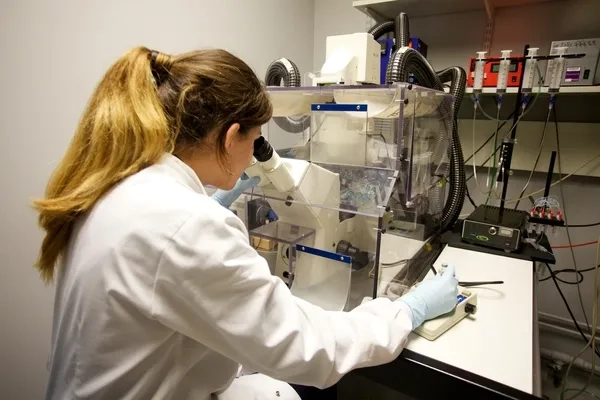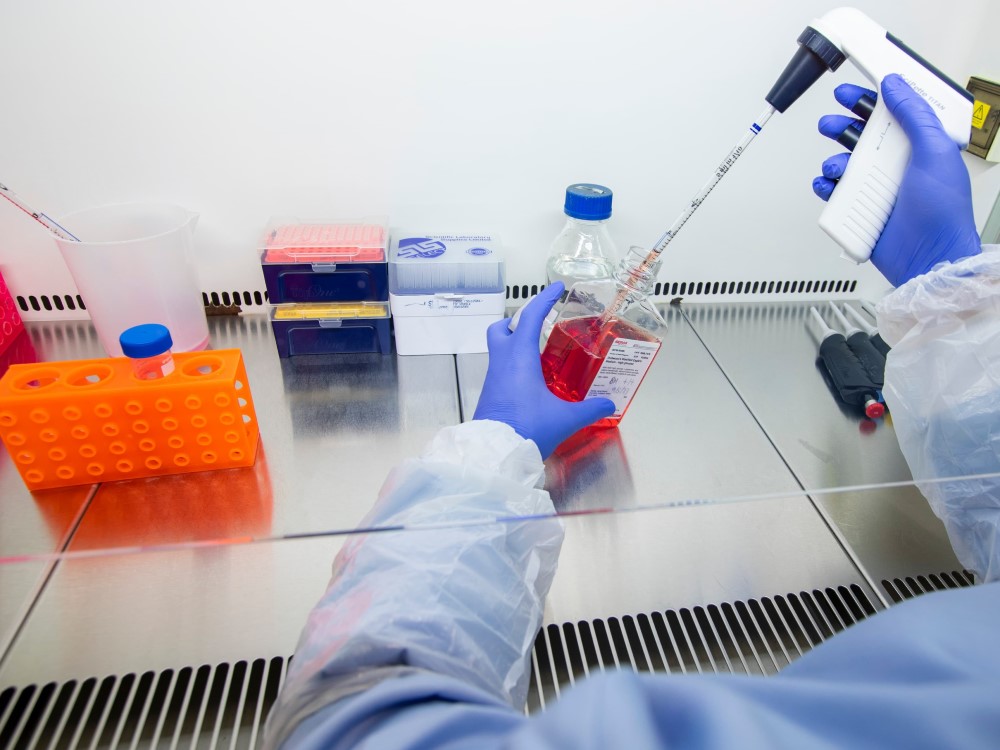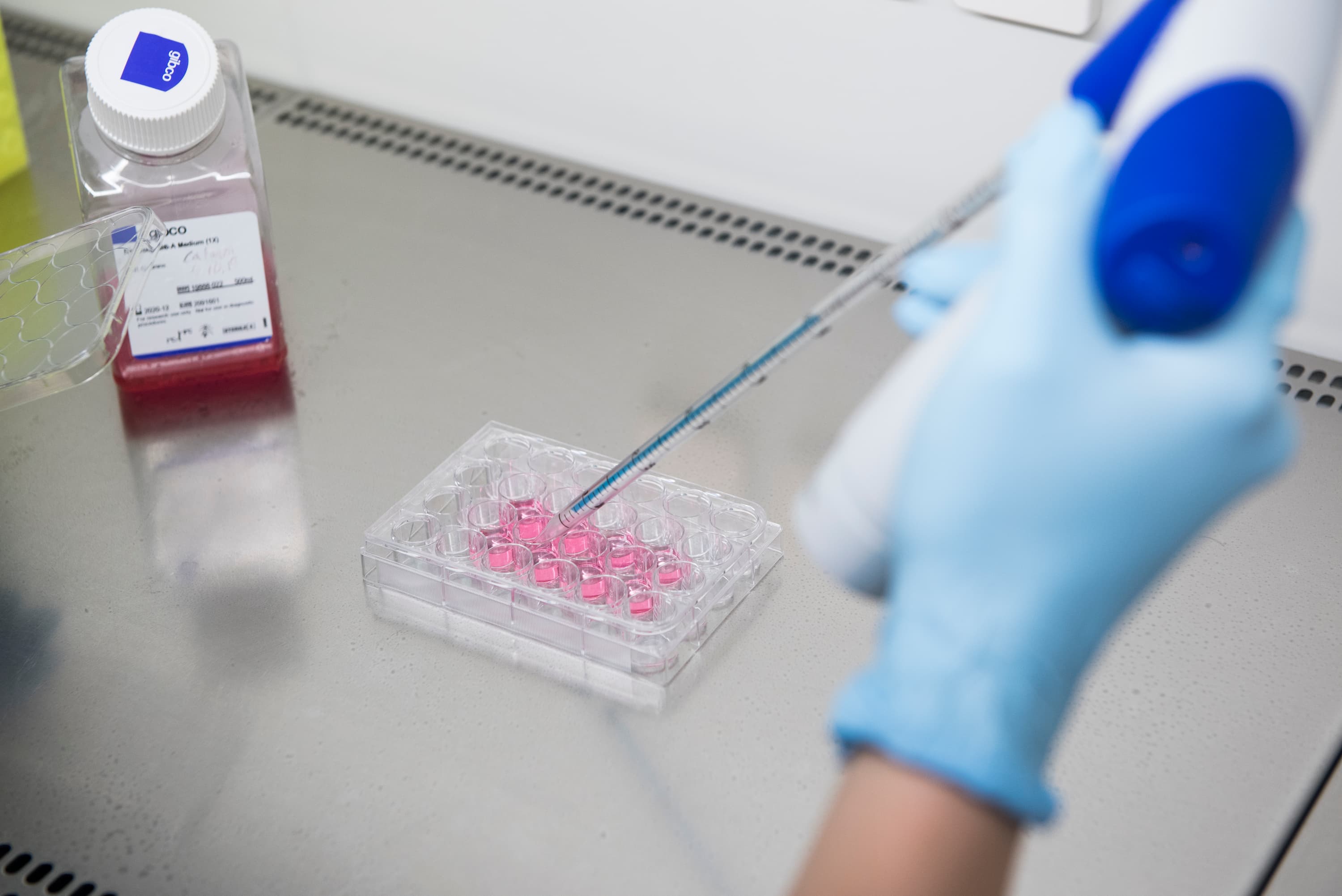This latest update explains more about the UK arm of an international clinical trial known as PRELUDE.
The MND Association is part of the largest European research collaboration that aims to find a cure for MND, called the TRICALS consortium. 47 top research centres in 15 countries have joined hands with patient organisations and fundraisers to reach one goal: find effective treatments for ALS.
MAGNET (Multi-arm, Adaptive, Group-sequential trial NETwork) is an innovative clinical trial which will investigate multiple treatments for MND at the same time. This is the first international platform trial focused on finding effective treatments for MND. The first drug to be investigated in the MAGNET platform trial is lithium carbonate, and more investigational treatments will be added in the future.
What is PRELUDE?
PRELUDE (Personalised treatment with Lithium Carbonate for UNC13a Determined MND) is the first international clinical trial under the umbrella of the MAGNET platform. PRELUDE will assess the effectiveness of an existing drug on those with a specific genetic form of MND. Previous research has suggested that the existing drug lithium carbonate may be an effective treatment for those with MND who have a change in a gene called UNC13a.
What is the aim of the study?
This project is testing lithium carbonate in people living with MND with a specific type of MND, known as UNC13a. It is hoped that lithium carbonate will be able to slow disease progression and improve survival for people living with MND with this gene change.
The study team aim to recruit 171 people with the UNC13a gene change to be able to accurately evaluate the possible benefit of lithium carbonate treatment in participants with this form of MND. From these 171 participants, 114 of those with MND will be randomly chosen to receive lithium carbonate and the other 57 will be treated with a dummy drug (placebo) to allow comparisons to be made.
It has been estimated that around 1 in 6 people with MND have this change in the UNC13a gene and, if successful, this research could provide these individuals with a treatment to slow the progression of the disease.
What does lithium carbonate do?
Lithium carbonate has a long history as a treatment for mood disorders and several studies have highlighted the protective effects of lithium carbonate in the brain.
The change in the UNC13a gene is known to be associated with the prognosis and symptoms of MND. Analysis has shown that participants carrying the UNC13a change may respond better to lithium carbonate than those who do not carry the change. Lithium carbonate has already been shown to be safe in humans.
How is the trial progressing so far?
The platform trial (MAGNET) is recruiting patients throughout Europe and Australia in the first treatment arm (PRELUDE). The first participants have now been enrolled. In the UK, the trial is currently open for recruitment at King’s College London. Other sites in the UK are going through the set-up process.
How is this trial different?
This is the first international platform trial focused on finding effective treatments for MND. Unlike a regular double-arm control trial which tests one drug against a placebo, a platform trial allows multiple drugs to be tested at the same time. It also gives the flexibility to add or remove drugs throughout the duration of the trial.
The participation criteria are also different for MAGNET than other clinical trials. To be eligible for a trial, there are robust criteria which need to be met. Due to the nature of MND, this often excludes many people from taking part in clinical trials. Instead, for MAGNET a computer model is used to identify whether someone is eligible for the trial. It uses criteria such as age, symptom duration and lung function to forecast someone’s expected disease pattern. By using this forecast, many more people with MND will be able to participate in the trial than by using typical methods of assessment.



